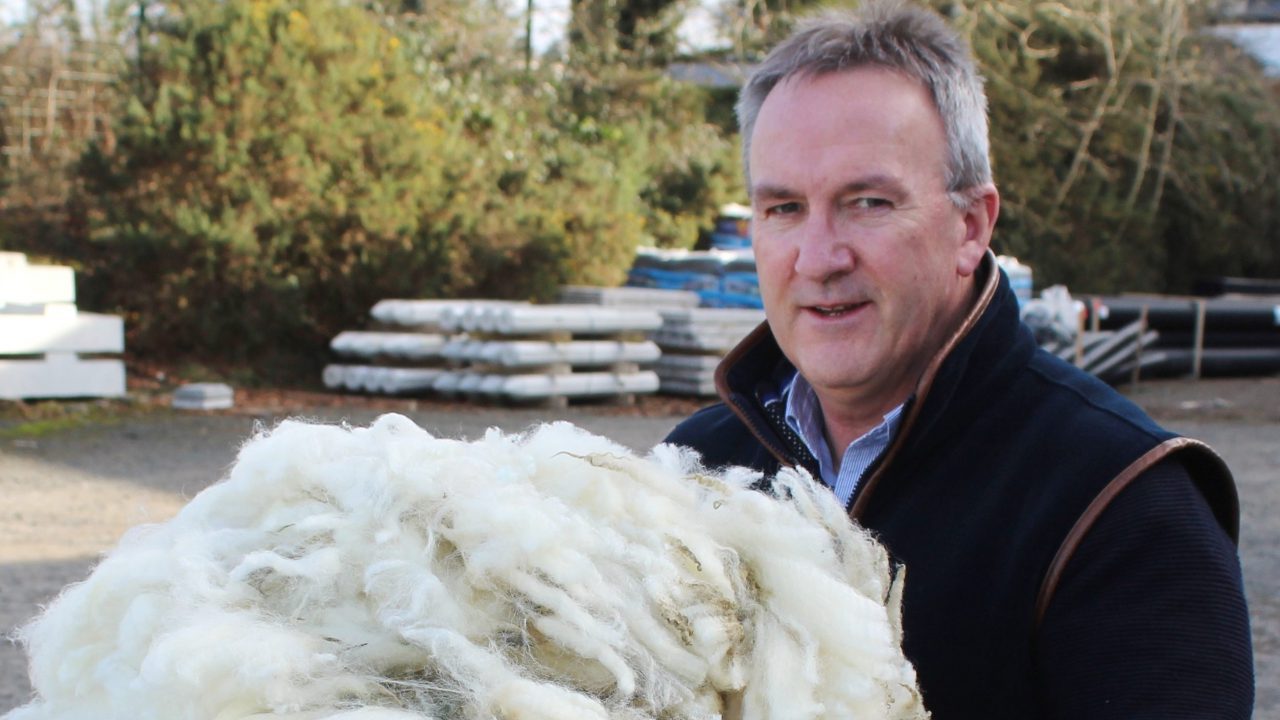Sheep producers in Northern Ireland have until August 12, to apply for the Covid-19 wool sector support measures, confirmed by Agriculture Minister Edwin Poots last week.
The measure provides a flat rate payment of £1.40 (€1.65) per eligible ewe.
The £1.2m (€1.41m) support fund was calculated on the basis of the total wool losses for the 2019 and 2020 wool clips, as calculated by the Department of Agriculture, Environment and Rural Affairs (DAERA).
This amount was divided by the total number of breeding ewes and ewe lambs/shearlings put to the ram, as recorded in the 2019 Sheep Inventory.
Losses in wool sector
The support payment represents a contribution to the losses incurred by farmers as a result of market disturbance caused by Covid-19.
Since other government support measures are also available, the rates of compensation for losses incurred have been set at 80% to avoid over compensation of loss.
At the end of the day, the actual figures worked out for the scheme are not the really important issue here. But the principles behind the decision that was taken by Edwin Poots to actually support wool are.
Irish support scheme
I see no reason why similar steps cannot be taken by the Irish government. Irish wool prices floored last year at the height of the pandemic.
And the farmers who took the brunt of all this were hill flock owners. These people had no lambs to sell last spring but still had to incur the cost of shearing their sheep.
The level of compensation available to flock owners in Northern Ireland right now equates, approximately, to the cost of shearing a ewe – if a contractor is brought in to do the job.
Surely this is the benchmark, which the Irish government should be able to respond to in equal measure.
Lobbying for wool support
It should be noted that Ulster Wool, a farmer-owned co-operative, has been to the fore in lobbying for a wool support payment in Northern Ireland.
Of even more significance is the recognition given by Edwin Poots of the discussions that he had with Ulster Wool in allowing him to make up his mind on the matter.
Wool is, by no means, Ireland’s most important agri-business sector. But it is a commodity product that still resonates strongly within Ireland’s sheep industry.
Moreover, the wool industry has its own infrastructure, where shearing, farm collection and onward distribution are concerned. All of this equates to a significant number of jobs.
Surely, it is incumbent on the Irish government to be seen to be protecting valuable employment opportunities in rural areas.
